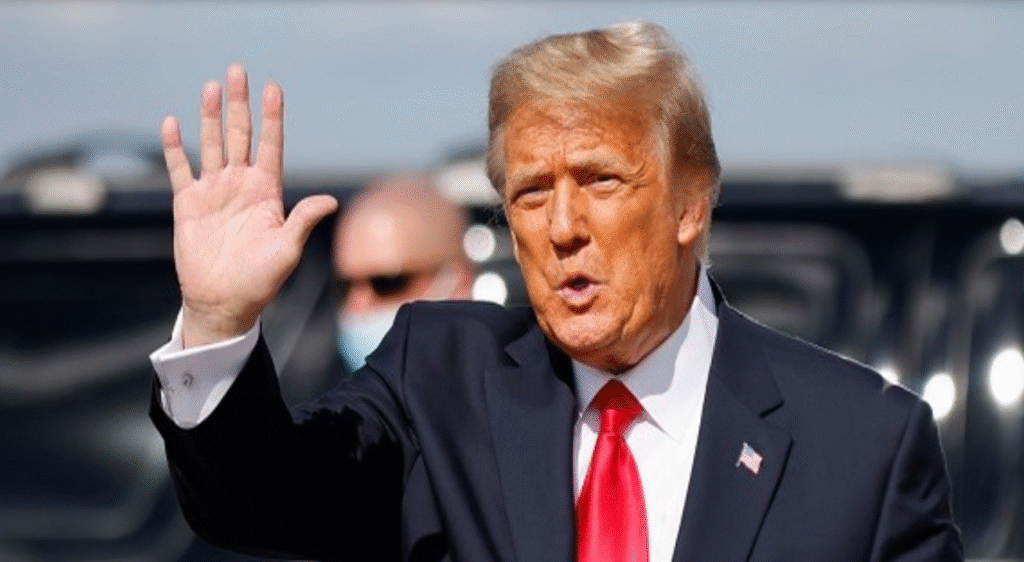WASHINGTON: In a sweeping new measure, U.S. President Donald Trump has unveiled a travel ban targeting 12 nations, citing escalating national security threats. The latest proclamation, released by the White House with minimal prior notice, prohibits entry into the United States for travelers from:
Afghanistan, Myanmar, Chad, Republic of the Congo, Equatorial Guinea, Eritrea, Haiti, Iran, Libya, Somalia, Sudan, and Yemen.
In addition to the full travel bans, the order also imposes partial restrictions on citizens from Burundi, Cuba, Laos, Sierra Leone, Togo, Turkmenistan, and Venezuela. While general travel from these nations is suspended, certain temporary work visas will still be permitted under specific conditions.
President Trump cited “persistent threats to national security” as the key driver behind the directive, referencing a recent makeshift flamethrower attack at a protest in Colorado, reportedly involving an undocumented immigrant, as a catalyst for urgent action.
Speaking during a “summer soiree” at the White House shortly before the order’s release, Trump described the move as a decisive step to safeguard the nation, drawing parallels to his 2017 travel ban which primarily affected several Muslim-majority countries. He asserted the measure would help avert the kind of violent incidents seen in parts of Europe.
Notably, the ban includes exceptions for international athletes participating in high-profile sporting events hosted in the U.S., such as the upcoming 2026 FIFA World Cup and the 2028 Summer Olympics in Los Angeles.
The rationale for the inclusion of specific countries varies. Iran was cited for its classification as a state sponsor of terrorism, while nations such as Libya, Somalia, and Yemen were flagged for lacking effective systems for identity verification and border management. Interestingly, Egypt was excluded from the ban.
In a separate development, President Trump also announced a visa restriction targeting newly admitted foreign students at Harvard University, continuing his administration’s criticism of what he has called “liberal academic institutions.“









